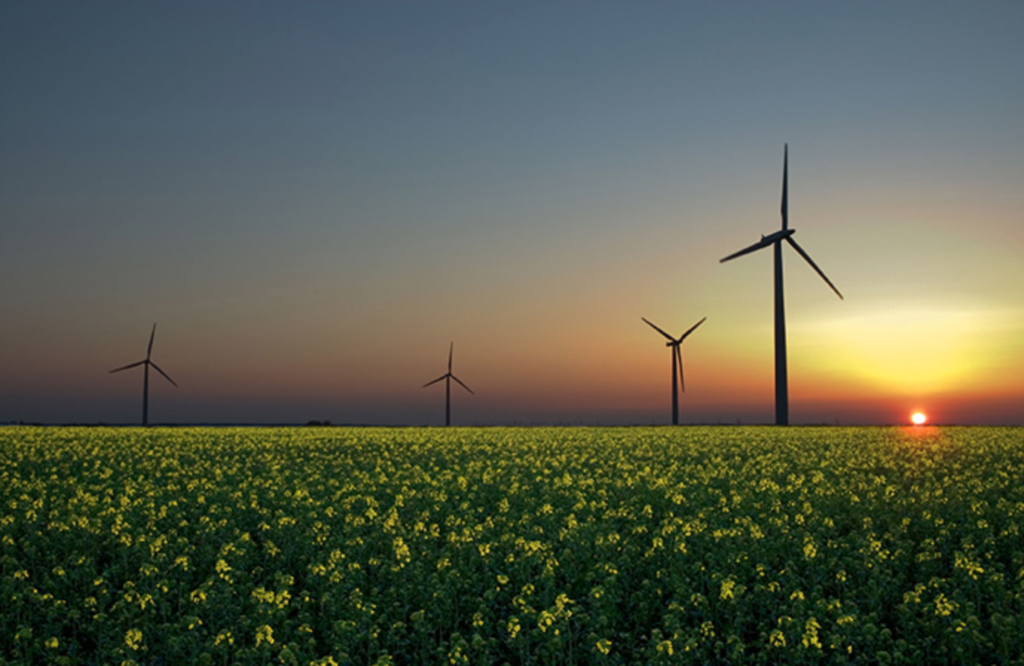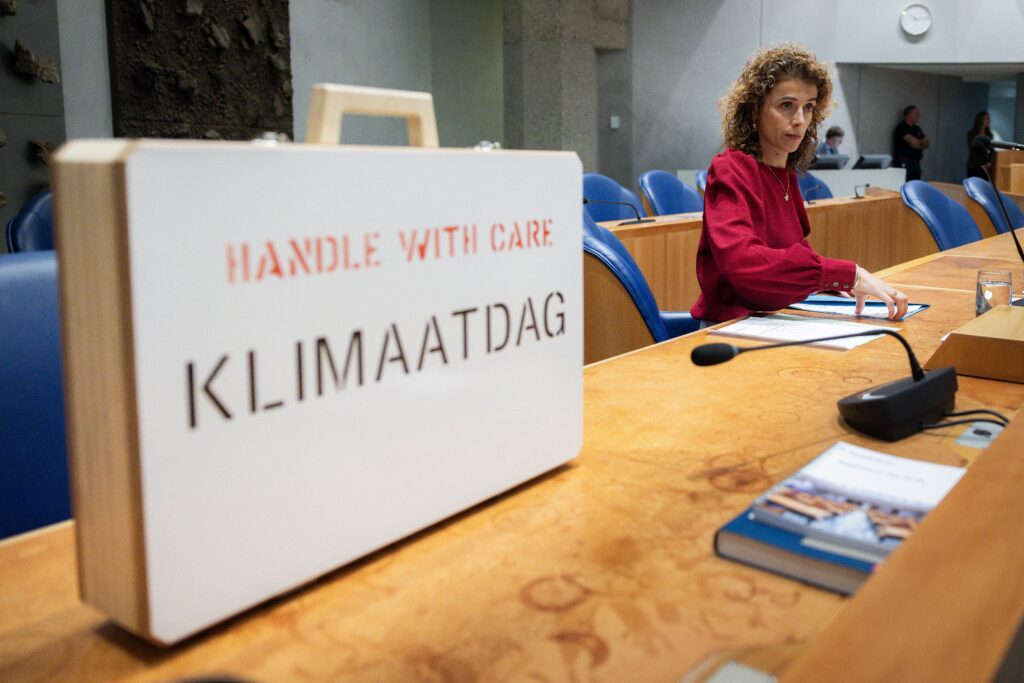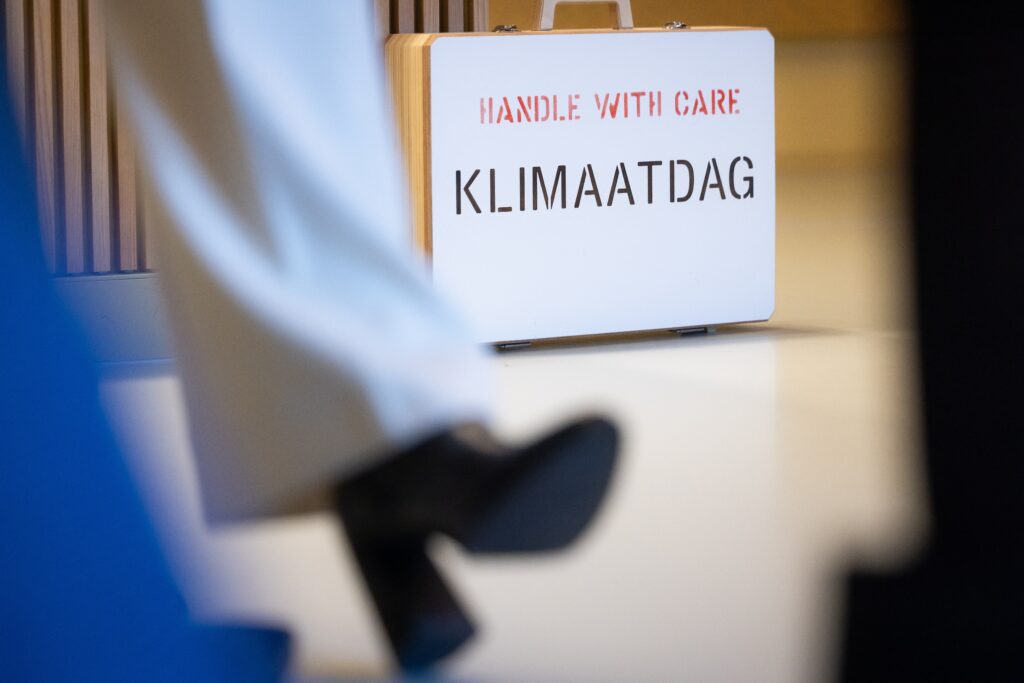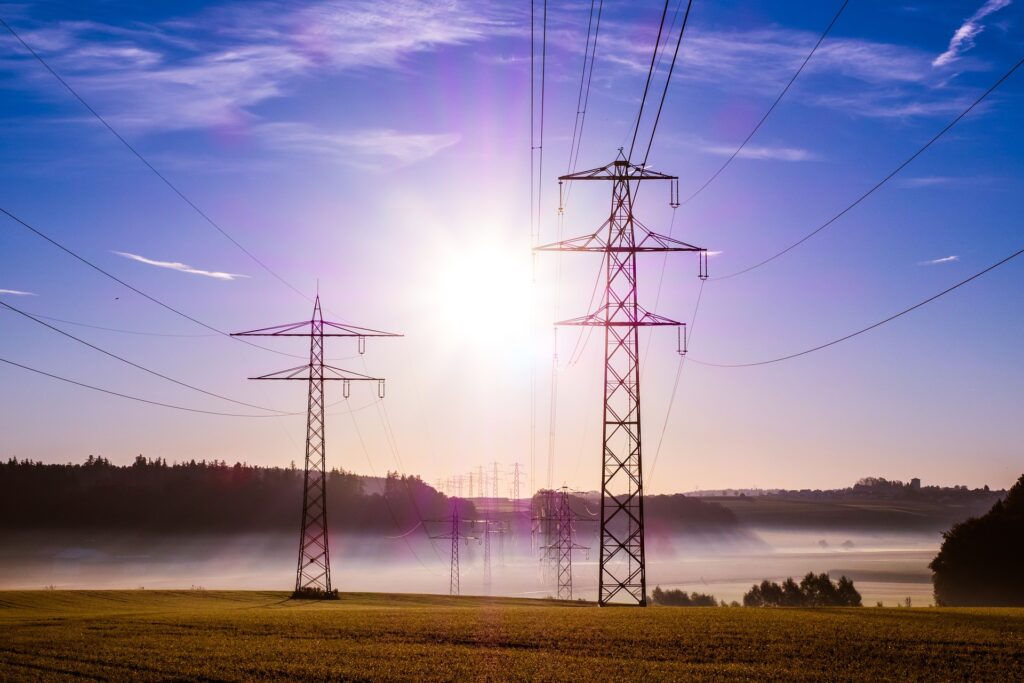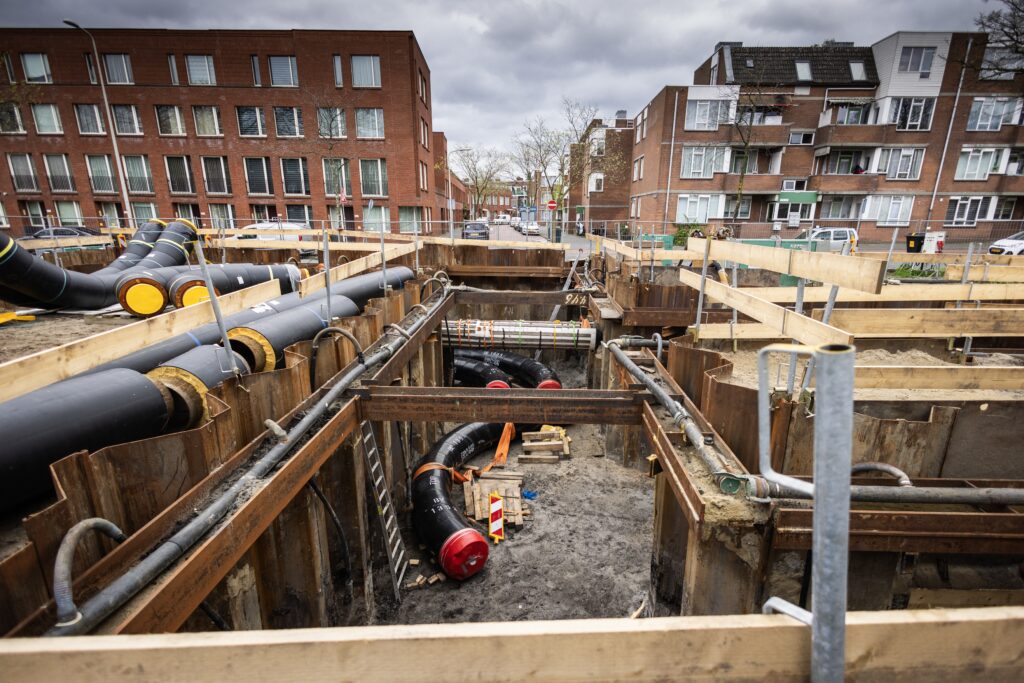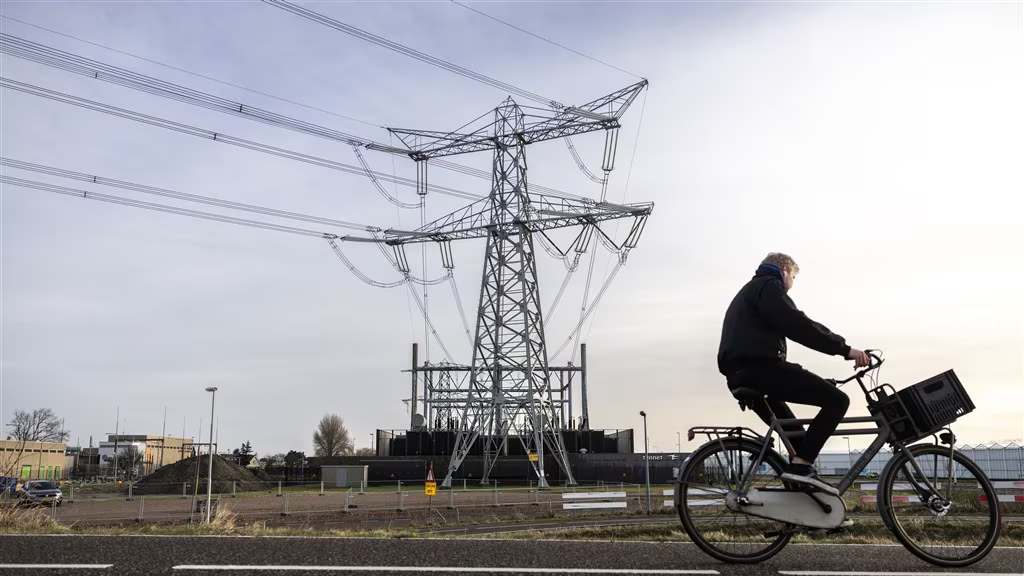€300 million has been reserved in the Climate Fund for Dutch participation in H2Global. H2Global is a subsidy instrument set up by Germany to stimulate the import of renewable hydrogen (carriers) to Germany/Northwest Europe. Energie-Nederland is positive about the Dutch contribution to H2Global. In addition to national production, we will eventually also need hydrogen imports. H2Global helps developers in other countries with long-term (purchasing) contracts to make final investment decisions.
Using the available resources, the Ministry of Economic Affairs and Climate wants to open a joint tender with Germany in 2024 for the auction of a multi-year purchase contract for renewable hydrogen (carriers). Germany will also make €300 million available for this purpose. The idea is that H2Global purchases hydrogen for the long term (giving producers certainty) and sells it to customers for the short term. The risk is covered by the subsidy.
In a response to the consultation on Dutch participation in H2Global, Energie-Nederland states that more hydrogen can be contracted with the available budget. The purchase amount is currently linked 1-to-1 to the available subsidy. While the available subsidy in reality only needs to cover the price difference between purchase and (probably lower) sale. Energie-Nederland proposes to take the purchase minus the expected sales price as the starting point for the volume to be contracted. The long-term price for gray hydrogen can be taken as a starting point for sales. An alternative is for the income to be used to subsidize/contract more hydrogen.
Energie-Nederland also states that when getting the new hydrogen chain off the ground, not only the short-term €/ton CO2 savings should be taken into account. Just like with offshore wind, (renewable) hydrogen will have to go through a rapid learning curve. If hydrogen is assessed for cost-effectiveness too quickly and too strictly, there is a risk that the baby will be thrown out with the bathwater.

